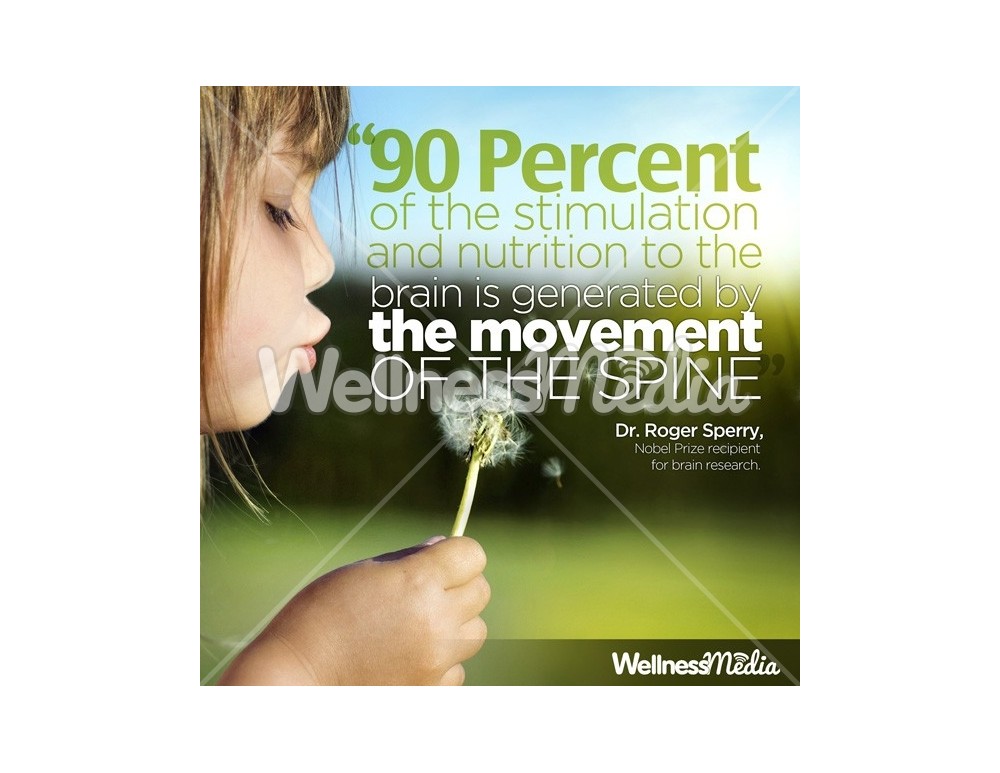Nourishment And Its Significance In Neck And Back Pain Control: Foods To Favor And Foods To Avoid
Nourishment And Its Significance In Neck And Back Pain Control: Foods To Favor And Foods To Avoid
Blog Article
Post Writer-Locklear Camp
When it concerns managing your back pain, the food choices you make can dramatically impact how you feel on a daily basis. Imagine having the ability to relieve your pain just by changing what you eat. By recognizing the function of nutrition in neck and back pain management and recognizing which foods to incorporate or steer clear of, you can take proactive actions in the direction of a healthier and a lot more comfy lifestyle. The link between nourishment and back health and wellness is a lot more extensive than you might recognize-- allow's explore exactly how certain foods can either soothe or aggravate your back pain.
Relevance of Nutrition in Back Pain
Nourishment plays an important duty in handling pain in the back. Your diet can dramatically influence inflammation degrees and general pain degrees in your back. Eating a balanced diet abundant in nutrients like vitamins D and K, calcium, magnesium, and omega-3 fats can help reduce swelling and reinforce bones, which are vital for back health.
Additionally, maintaining a healthy and balanced weight through proper nourishment can minimize stress on your back, minimizing the threat of back pain.
Additionally, particular nutrients like anti-oxidants located in fruits and vegetables can help combat oxidative stress and advertise recovery in the body, including the back muscle mass and back.
On a knockout post , consuming extreme quantities of refined foods, sugary beverages, and harmful fats can contribute to swelling and weight gain, exacerbating pain in the back.
Foods to Consume for Back Health And Wellness
To support a healthy and balanced back, including nutrient-rich foods into your daily dishes is key. Consisting of foods high in antioxidants like berries, spinach, and kale can help reduce inflammation in your back, easing pain and discomfort. Omega-3 fatty acids discovered in fatty fish such as salmon and mackerel have anti-inflammatory residential properties that can profit your back wellness.
Furthermore, taking in nuts and seeds like almonds, walnuts, and chia seeds gives necessary nutrients like magnesium and vitamin E, which sustain muscle mass feature and minimize oxidative stress and anxiety. Incorporating lean healthy proteins such as hen, turkey, and tofu can aid in muscle mass fixing and upkeep, promoting a strong back.
Do not neglect to consist of milk or strengthened plant-based alternatives for calcium to sustain bone health and wellness. Lastly, moisturize with a lot of water to keep your back discs hydrated and functioning ideally. By including these nutrient-dense foods in your diet, you can nurture your back and support overall back health and wellness.
Foods to Stay Clear Of for Pain In The Back
Select staying clear of processed foods high in added sugars and trans fats when seeking relief from back pain. https://garrettsmhbw.blogproducer.com/36773691/explore-the-world-of-chiropractic-look-after-expecting-moms-to-discover-just-how-it-can-enhance-your-health-beyond-the-physical-realm of foods can contribute to swelling in the body, which might aggravate back pain. Say no to sweet treats like candy, breads, and sugary drinks, as well as convenience food things like hamburgers, french fries, and fried hen that are often filled with trans fats.
Furthermore, steer clear of foods including high degrees of refined carbohydrates, such as white bread, pasta, and breads, as they can increase blood sugar level levels and potentially intensify swelling in the body.
It's also a good idea to limit your consumption of foods high in hydrogenated fats, like red meat and full-fat dairy items, as they can contribute to inflammation. Processed foods like deli meats, chips, and packaged snacks are typically high in hydrogenated fats and ought to be eaten in moderation.
Final thought
To conclude, paying attention to your diet plan and making wise food options can have a substantial influence on handling back pain. By including nutrient-rich foods like berries, fatty fish, nuts, and lean healthy proteins, and avoiding processed and sweet products, you can help in reducing inflammation and support overall back health and wellness. Remember, what you eat plays an important role in how you feel, so make sure to prioritize your nourishment for a healthier back.
